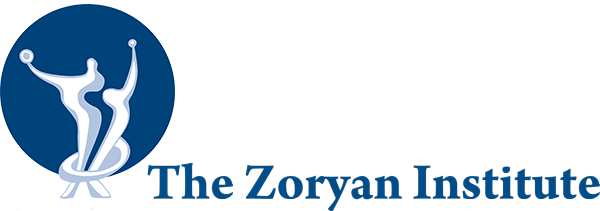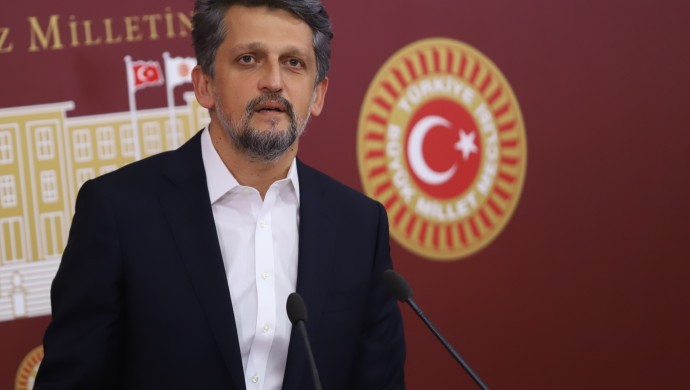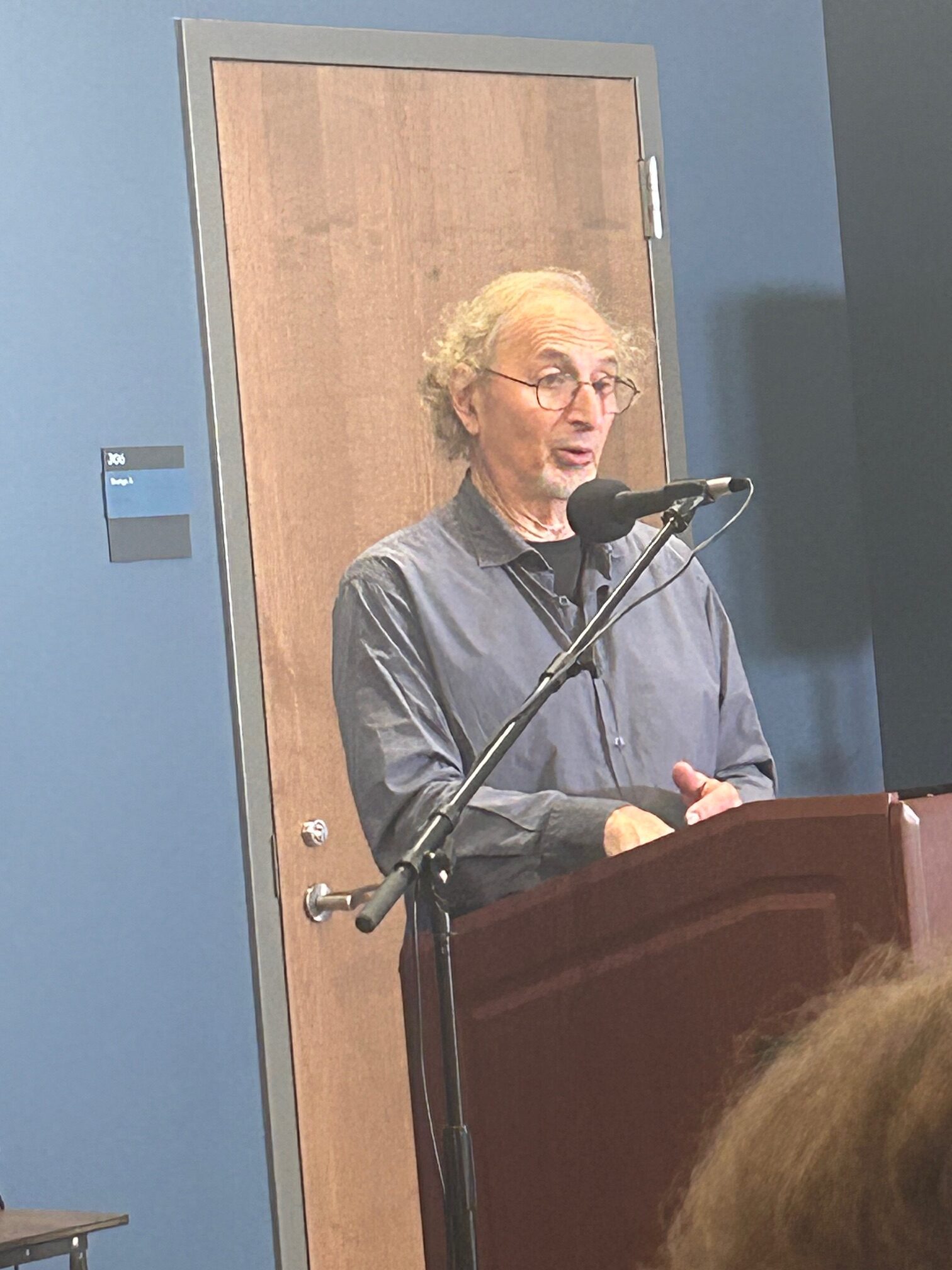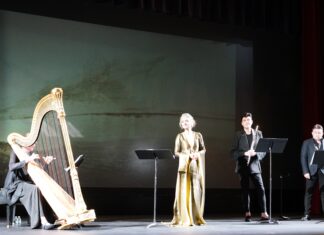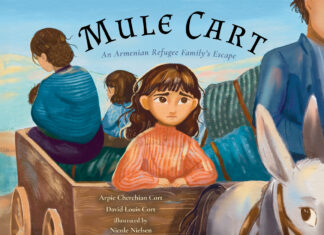BERLIN — Fourteen years have passed since Hrant Dink was assassinated in front of the offices of Agos newspaper in Istanbul. Since then, conditions for journalists, intellectuals and pro-democracy activists inside Turkey have worsened and the new war in Nagorno-Karabakh has engulfed Turks and Armenians again in violent conflict. At such a time of political repression and renewed military aggression, commemorating the anniversary of his death assumes special significance.
This was manifest in an event on November 21 in Germany, organized by a group of organizations active in civil society. Presented in digital form due to the Corona pandemic, the gathering was sponsored by the KulturForum TürkeiDeutschland, the Armin T. Wegner Society, the German-Armenian Society (DAG), the TÜDAY association, the Multicultural Forum, and representatives of the Workers Welfare Union.
Following clips from a film on Hrant Dink, Ulrich Klan, presented greetings from the Armin T. Wegner Society, both in Germany and the United States. The lesson to be learned from both Dink and Wegner is to name names, but without hatred. A letter Wegner wrote in 1919 to Woodrow Wilson was quoted, in which he denounced the crimes committed against the Armenians, while warning against blaming a people or a religious group for them. In the same spirit, Dink urged sitting together with the other, even genocide deniers, in discussion and debate.
Personal Impact
Filmmaker Osman Okkan from the KulturForum opened the first round of discussion, by posing the question: What did Hrant Dink mean to you personally? What most influenced writer Karin Karakasli, who knew him at Agos, was Dink’s ability to make her rethink her sense of identity in terms of Armenian-Turkish relations. She recalled his interest in Turkish issues, and his understanding of citizenship and equal rights for Kurds Turks, Armenians and others.
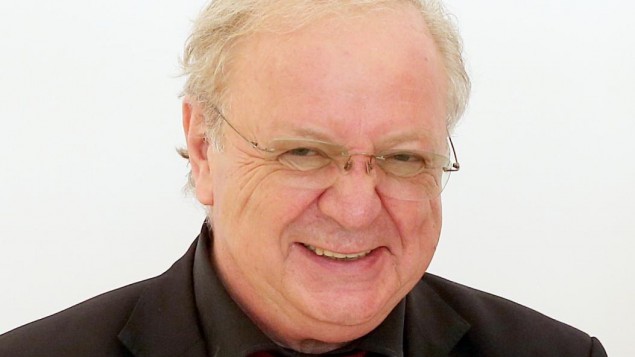
For Garo Paylan, HDP member of parliament, the identity issue was key. Born in 1972, he recalled the silence that reigned regarding Armenians. His grandfather, Avedis, went by the name of Halis, his mother was Serpil, or simply Anne. Hrant Dink “broke the silence“ and “gave me my name back,“ he said; he opened contact with the church and social groups. When Dink was assassinated, Paylan left journalism and entered politics, convinced that “it didn’t make sense to continue in a job.“
